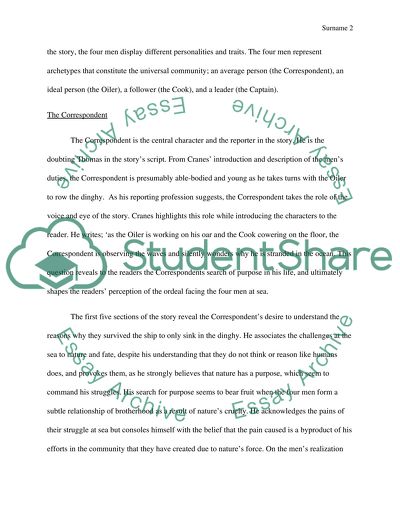Cite this document
(“Open Boat Coursework Example | Topics and Well Written Essays - 1250 words”, n.d.)
Open Boat Coursework Example | Topics and Well Written Essays - 1250 words. Retrieved from https://studentshare.org/literature/1435690-open-boat
Open Boat Coursework Example | Topics and Well Written Essays - 1250 words. Retrieved from https://studentshare.org/literature/1435690-open-boat
(Open Boat Coursework Example | Topics and Well Written Essays - 1250 Words)
Open Boat Coursework Example | Topics and Well Written Essays - 1250 Words. https://studentshare.org/literature/1435690-open-boat.
Open Boat Coursework Example | Topics and Well Written Essays - 1250 Words. https://studentshare.org/literature/1435690-open-boat.
“Open Boat Coursework Example | Topics and Well Written Essays - 1250 Words”, n.d. https://studentshare.org/literature/1435690-open-boat.


